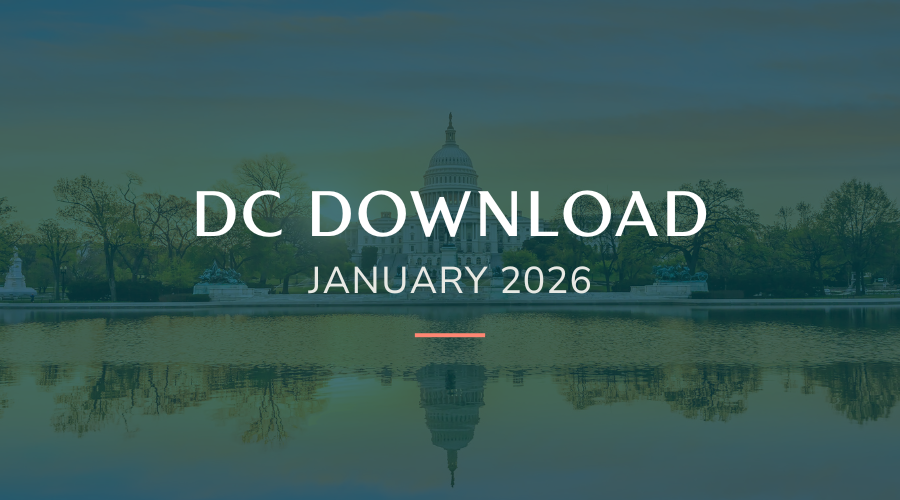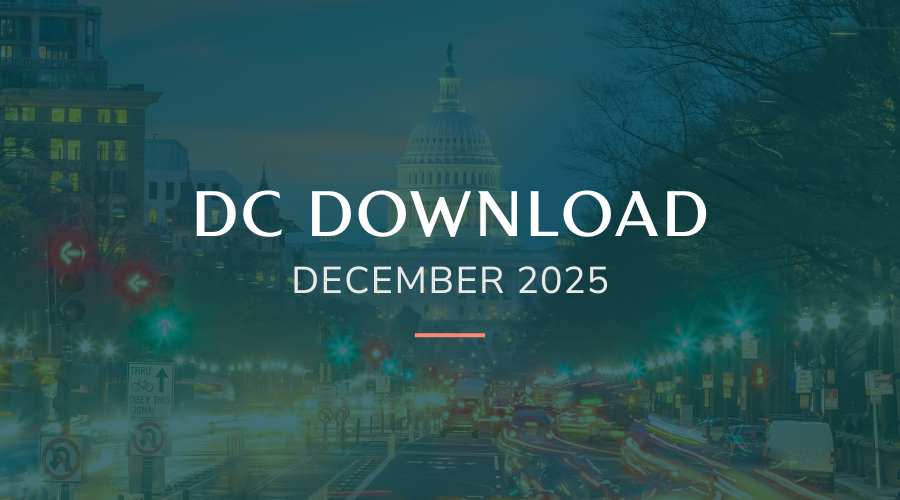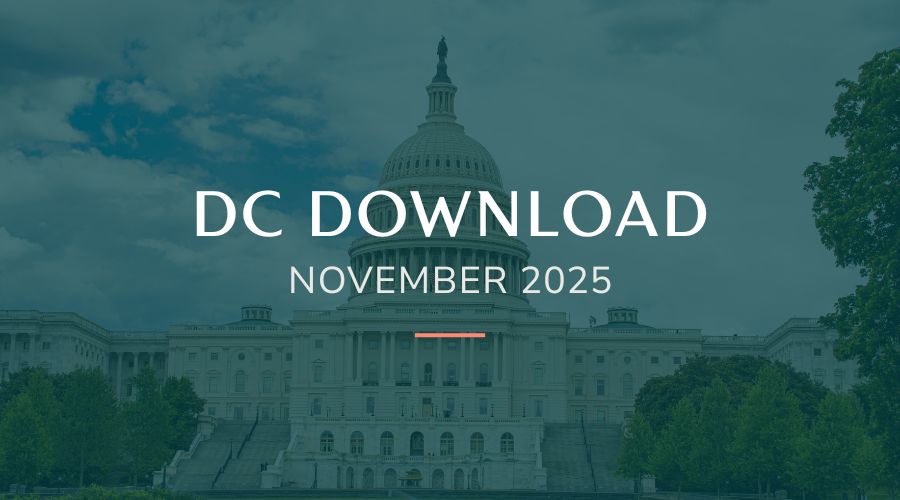Two of the largest national associations representing government agencies and nonprofits in human services came together to commission a new report, A National Imperative: Joining Forces to Strengthen Human Services in America. The report found that governments underpay nonprofits and burden them with costly or time-consuming regulations. Meanwhile, a large share of nonprofits fail to manage their budgets wisely.
In this Q&A, the leaders of the organizations behind the report—Susan Dreyfus of the Alliance for Strong Families and Communities and Tracy Wareing Evans of the American Public Human Services Association—discuss the report’s findings, as well as the path forward for the human services sector.
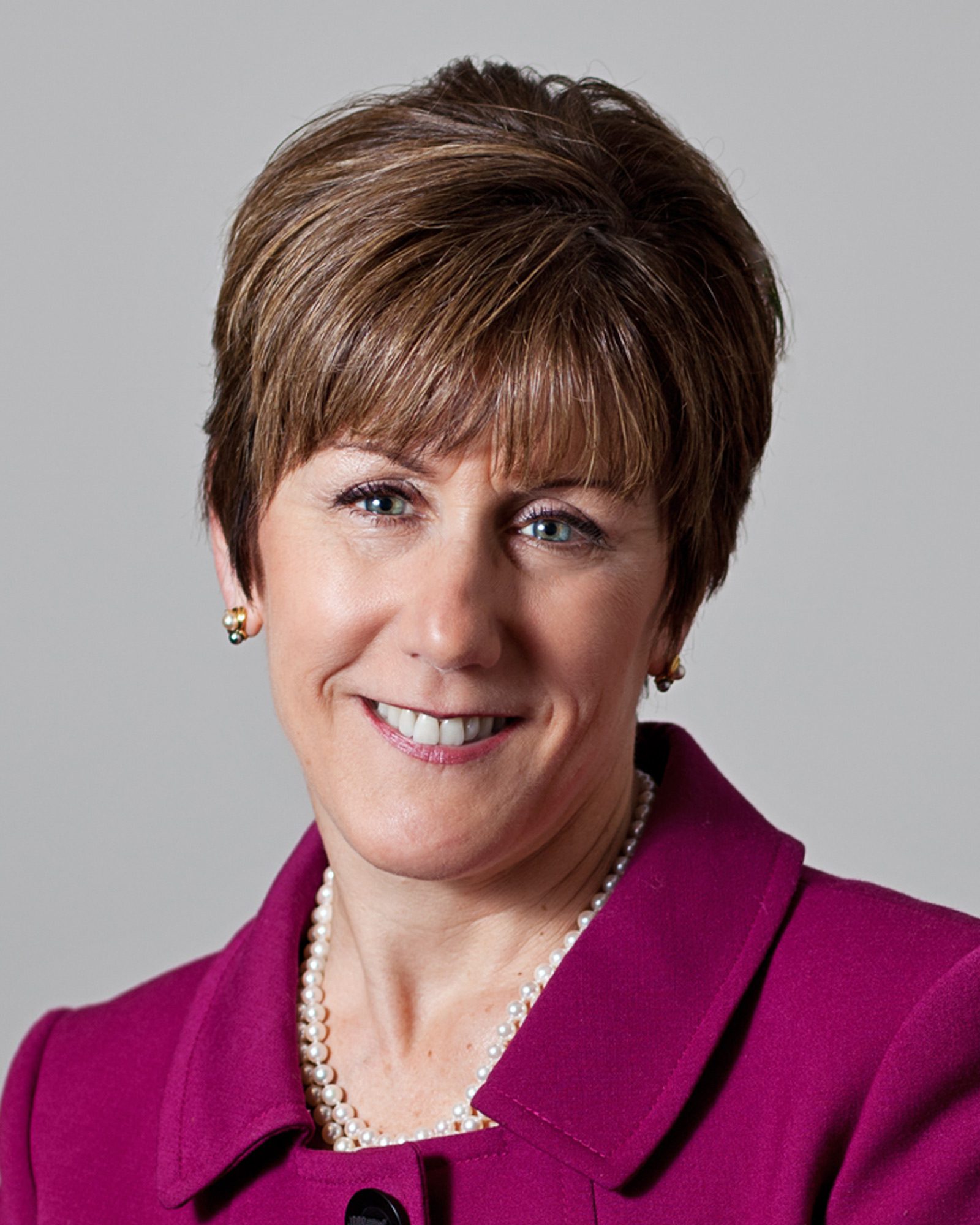
Susan N. Dreyfus, President and CEO, Alliance for Strong Families and Communities
Q: What was the impetus for this report, in other words, why now?
Susan Dreyfus: The impetus for this report was the shared belief between the Alliance and APHSA that, in order for our nation to be healthy and to thrive, the human services ecosystem must be strong and able to achieve big outcomes. While there are many partners in that ecosystem, the role and importance of America’s nonprofit human services organizations in achieving those outcomes is indisputable. Whether we are talking about improved health and reducing the healthcare cost curve, having safe communities while reducing the high cost of corrections, or ensuring more children succeed in school and all families are financially viable, the research is clear: The role of human service community-based organizations (CBOs) is an important component. However, the financial viability of CBOs must be addressed and it must be addressed by the sector in partnership with its government and philanthropic partners. The causes are many, as are the solutions, but we feel strongly that they are within our reach.
Tracy Wareing Evans: While the report focuses on the fact that the financial health of CBOs has become increasingly tenuous, the good news is that, across the board, we all agree that these issues are solvable and that, through concerted effort among CBOs, government agencies, and the philanthropic sector, we can improve the financial health of CBOs and enhance their ability to strengthen families and communities.
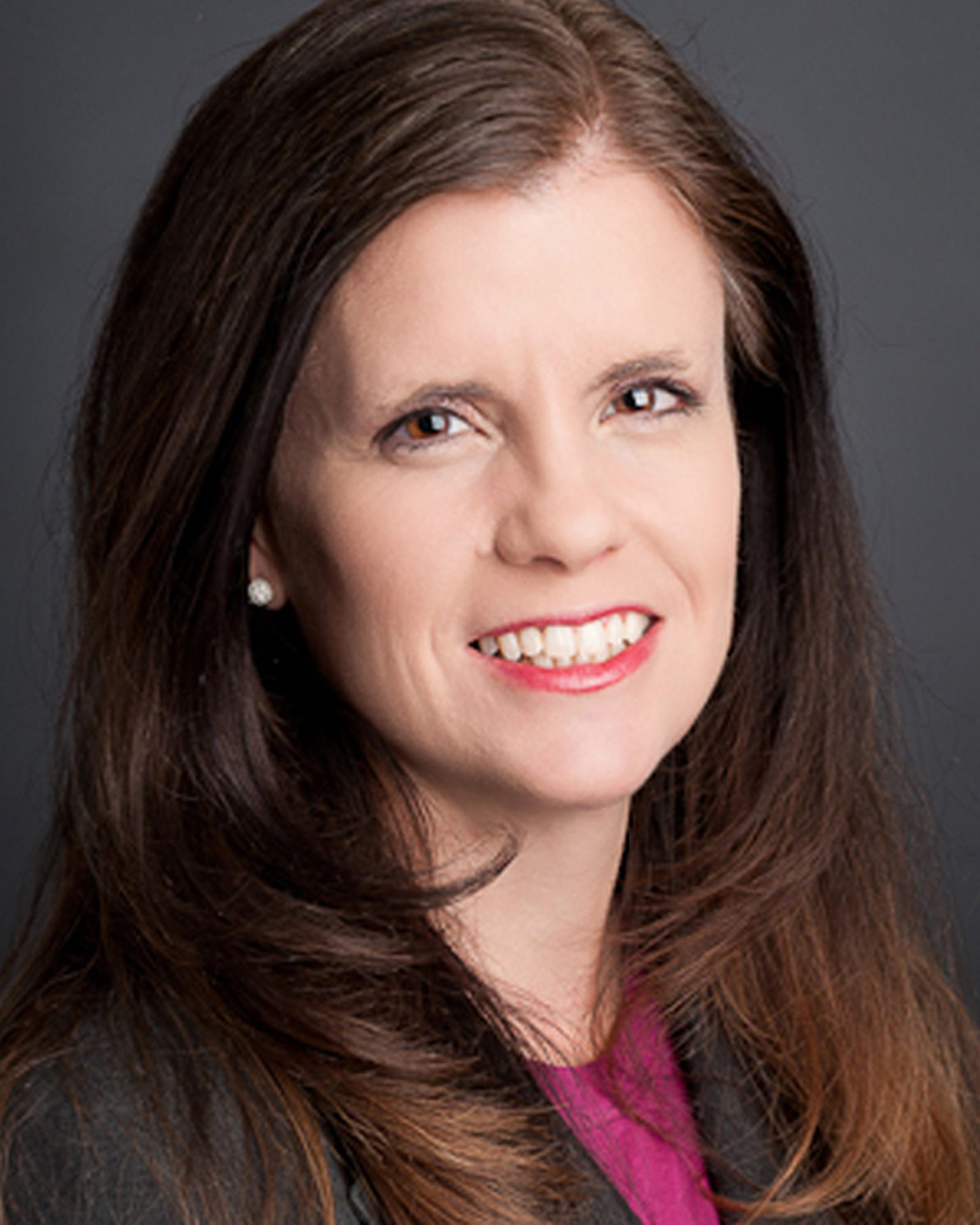
Tracy Wareing Evans, President and CEO, American Public Human Services Association
Q: What were the key findings from the research and of those, what surprised you the most?
TWE: Among our key findings and conclusions is the critical role and value that human services CBOs play as part of the larger human services ecosystem, and the sector’s potential to be even more valuable in the future if further strengthened. The sector’s value and impact includes:
- The sector as a whole touches the lives of one in five individuals.
- It contributes huge economic value to society, not only from long-term productivity increases when people are able to reach their fullest potential, but also from current economic activity – human services CBOs spend roughly $200 billion per year on the provision of services through wages, rent, staff development, and all the other inputs necessary to run their organizations and deliver services.
- CBOs provide investments in targeted, “upstream” human services that are demonstrated to bend the health care cost curve, improve the social determinants of health and help individuals achieve their full potential in a way that is transformative for our society.
SD: I think that, while intuitive to those of us in human services, it was great to see Oliver Wyman—an independent global industry management firm—see the extent to which CBOs are critical to an effective human services ecosystem, and the cascading impact that has on our nation’s human capital and so many other expensive systems, like health care, education and corrections. The success of CBOs is critical to a strong economy.
Q: What are the most critical challenges facing CBOs today?
TWE: Because the financial stability of the sector is tenuous, realizing its transformative potential and contributions to a healthy society and strong economy is difficult. Challenges include:
- Many organizations are running persistent operating deficits, in part due to unfavorable contract terms that reimburse them less than the full cost of providing their critical services. One in eight CBOs are insolvent.
- Regardless of size, many CBOs run on less than 30 days of cash.
Many organizations have few or no financial reserves, meaning that they are vulnerable to any fluctuation, even temporary, in their expected revenue and cost levels. - In addition to these financial challenges, many organizations face a lack of access to capital for investment in technology, ability to track outcomes, strategy, innovation, leadership, and fund development. And there are also the systemic barriers outside of their organizations like outdated, and costly regulations, a lack of data sharing, and siloed services and programs.
Q: What do you want people to take away from this study? What would you consider to be the most newsworthy element of it?
SD: The most important take away is that the time is now to do something about it. While many of the findings may not be new, the fact that we have this data and a comprehensive view of the problems and solutions makes us very hopeful. Everyone who cares about this issue needs to “own” this report, disseminate it widely, get it in front of CBO boards, legislative bodies, elected leaders, media, and all stakeholders who will be key to success.
Significant changes will be needed both within human services CBOs and in the public and philanthropic sectors as well. The report identified five “north star” initiatives CBOs can undertake to unlock the potential of the sector, and provide the building blocks that families need to achieve stability and contribute fully to their communities and society as a whole. They include:
- Commitment to Outcomes – Efforts should be focused on outcomes and accountability, with funding targeted to outcomes and results rather than outputs or services delivered.
- Capacity for Innovation – The human services ecosystem must develop its capacity for innovation through better data sharing and analysis, technological strategies and knowledge, and leadership exchange. Public and private funders will also need to recognize the importance of the capacity for innovation, and the need to support that through funding.
- A Strategic Partnership Approach – CBOs must look for opportunities for deeper partnerships and networks across the human services sector and related systems. Grants from public and private funders should include allocating financial resources toward partnership development.
- New Financial Strategies – CBOs must look to develop more robust finance and financial risk management capabilities, including scenario planning, recovery and program continuity planning, benchmarking and self-rating, reporting, and disclosure.
- Regulatory Modernization – Regulators should engage in a review and reform of CBO regulation, particularly in the area of litigation risk, which has become a serious issue for CBOs.
We are pleased to see that a number of these initiatives are already underway. For example, the Alliance and APHSA are in talks with Social Finance—an organization dedicated to mobilizing capital to drive social progress—to develop a national laboratory for contracting and procurement reform.
Q: The list of individuals who make up the National Advisory Council, including Independent Sector’s own Dan Cardinali, represent a cross-section of leadership from academia, philanthropy, business, government, and the nonprofit sector. Why is this cross-section critical to the impact of this study?
SD: Both the partnership between the Alliance and APHSA and the input from our National Advisory Council, including Independent Sector, represent an unprecedented collaboration between CBOs and state and local health and human services agencies, academia, the philanthropic sector, and advocates for health and human services.
TWE: We hope this partnership will unlock further potential partnerships between CBOs and the public and private sectors because when we all work together we can bring about significant change.
Tracy Wareing Evans is president and CEO of the American Public Human Services Association, an association of more than 300 state and local health and human services agencies. Susan N. Dreyfus is president and CEO of the Alliance for Strong Families and Communities, a network of more than 400 human services community-based organizations (CBOs) involved in the delivery of all human services.

